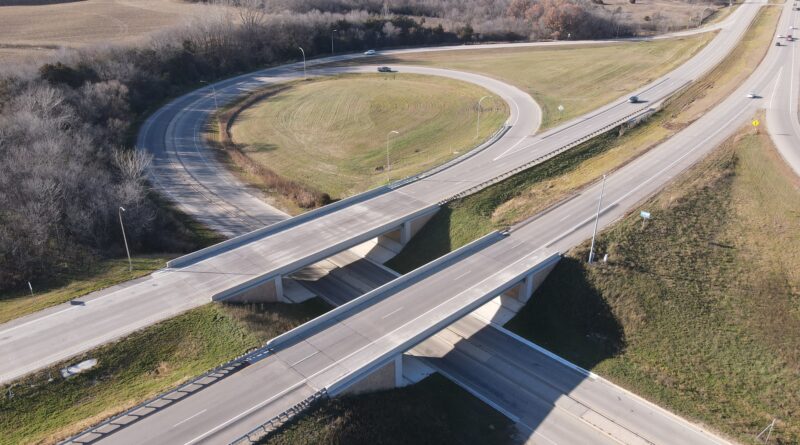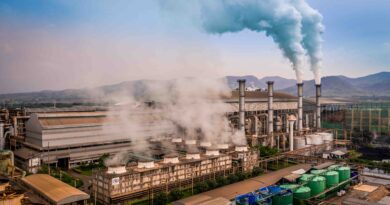States Turn to Toll Roads and Variable-Fee Express Lanes to Address Rapid Population Growth
Two notable alternatives for user-funded infrastructure are toll roads and variable-fee express lanes. States experiencing rapid population growth are increasingly adopting toll projects due to the delays in receiving federal funding, and the availability of private capital for investment.
According to Governing, money from the infrastructure act has the greatest impact for works that are critical yet unlikely to be financed by local budgets or private companies, such as replacing lead pipes in the water system and expanding broadband to rural areas. Still, Brightline West, a high-speed rail line that intends to connect Las Vegas with the outskirts of Los Angeles, received $3 billion. Mitch McConnell, the Republican Senate leader who rounded up support for the infrastructure bill, made sure his home state of Kentucky benefited with a $1.4 billion grant to upgrade a bridge across the Ohio river that links Kentucky and Ohio near Cincinnati. All federal taxpayers are picking up the tab for these projects.
The fairest way to obtain money for many infrastructure projects is to get it directly from the users. One good example is the gasoline tax, which replenishes the Highway Trust Fund. Unfortunately, there’s no political will to lift it from 18.4 cents a gallon, where it has sat since the last increase in 1993.
Two of the best alternatives for user-paid infrastructure are toll roads and variable-fee express lanes. States with fast-growing populations, including Georgia, Florida and Texas, are embracing toll projects because they can’t wait for federal funding to expand traffic capacity. These highways shouldn’t be funded with infrastructure act money, and it just so happens that private capital is eager to invest in solid transportation projects. Booming cities such as Atlanta, Dallas, Nashville and others must stay ahead on infrastructure or face congestion that reduces the quality of life, which eventually kills the boom.


